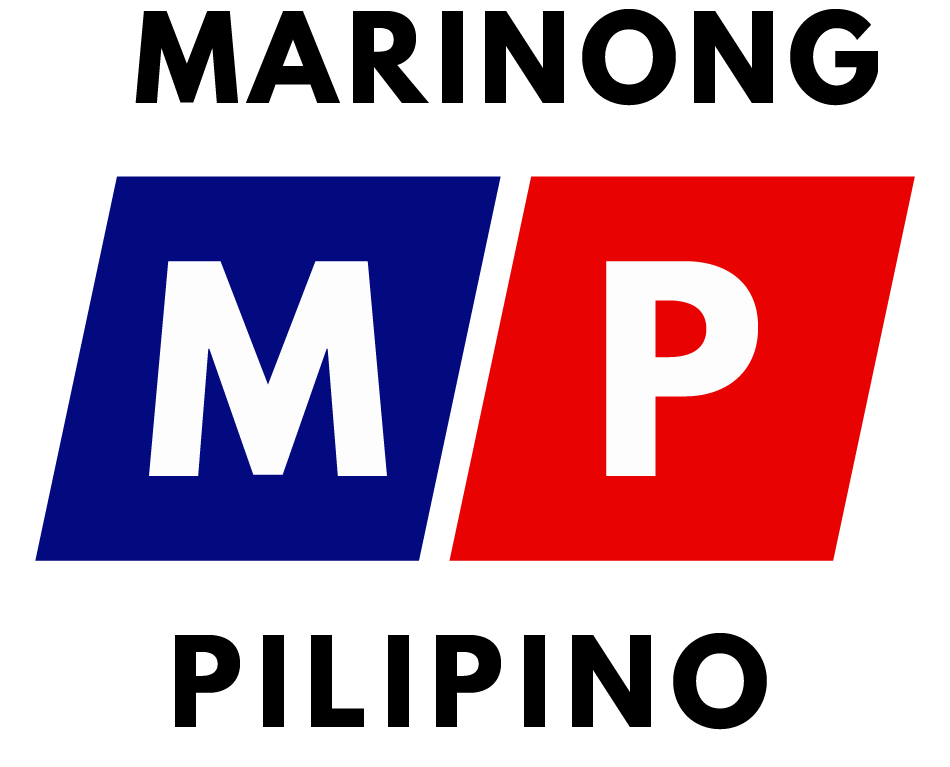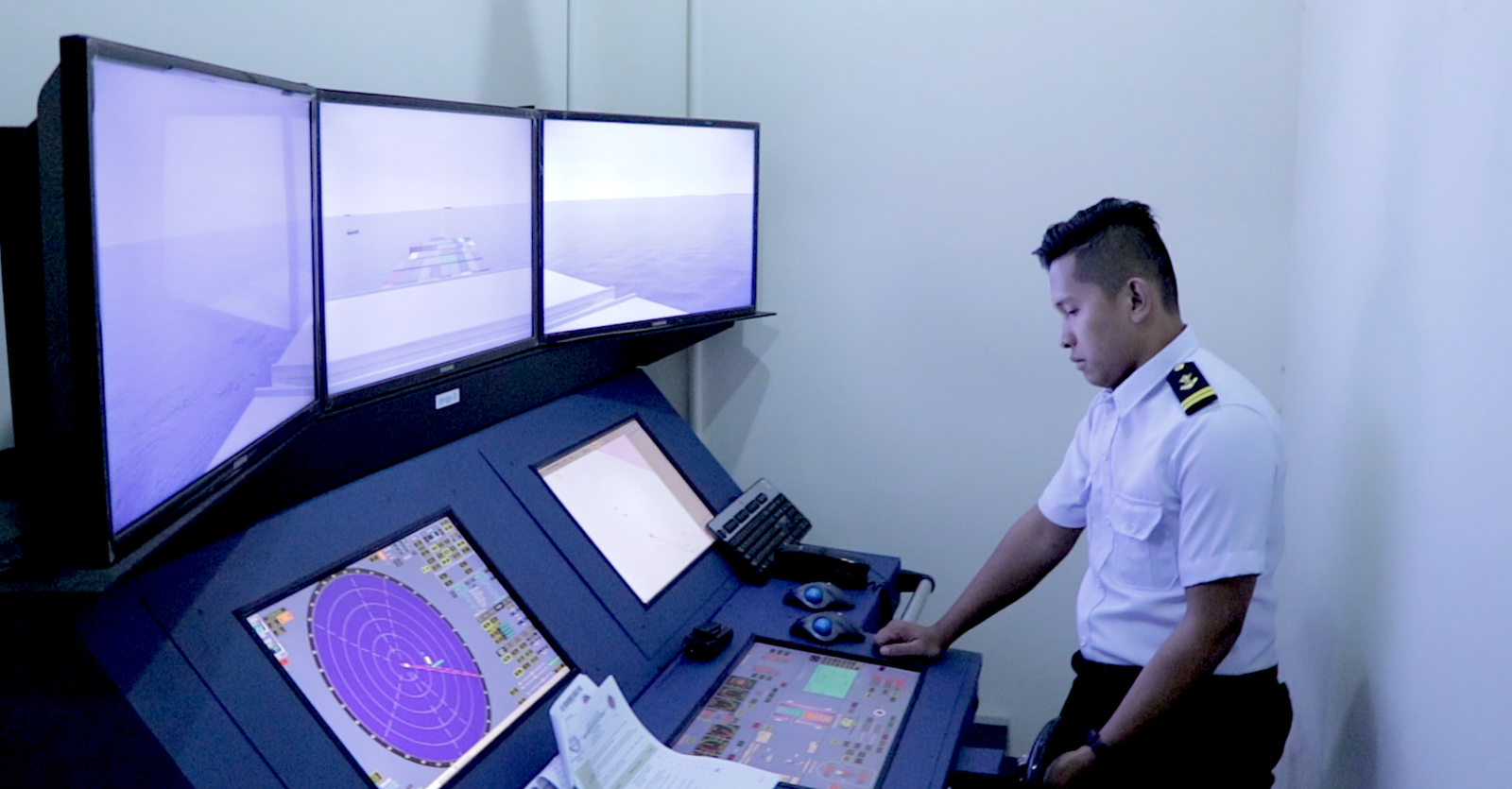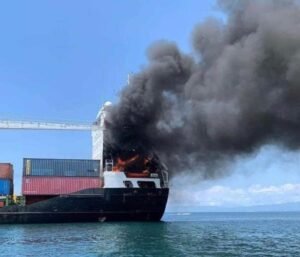The warning came following the issuance of MARINA Advisory No. 2020-59 on August 10, 2020 that provides additional guidelines on the conduct of training programs via ‘Blended Learning’ mode during General Community Quarantine (GCQ).
The advisory paves the way for MTIs and assessment centers (ACs), which are authorized to conduct STCW Mandatory Training Courses, to deliver MARINA-approved courses through a Blended Learning Mode of training.
The authorized MTIs are those whose accreditation had been extended for six month and have submitted their post Enhanced Community Quarantine operations plans to MARINA.
The plans should have incorporated the guidelines in the conduct of training and assessment contain in MARINA Advisory No. 2020-36 that specify the required facilities, size of the classroom and class size, among other requirements.
In MARINA Advisory No. 2020-59, Blended Learning is defined as an approach where the maritime training program will be conducted through the combination of traditional face-to-face methods and online or e-Learning platforms.
This approach shall be adopted in delivering the MARINA-approved courses that require the use of training equipment and learning systems in performing trainer-supervised practice sessions and/or assessment.
It clarifies, however, that “this Advisory shall not in any way reduce the content of face-to-face classes lower than 50 %” or half of the approved training course.
Further, the advisory’s guidelines say: “The Face-to-Face component (practical exercise and assessment) shall be conducted at the MTls main office or practical site.”
Nevertheless, the MARINA advisory did not mention of any liability for seafarers who would undergo training at MTIs without approved training programs for blended learning; it only means their training certificates will be invalid.









